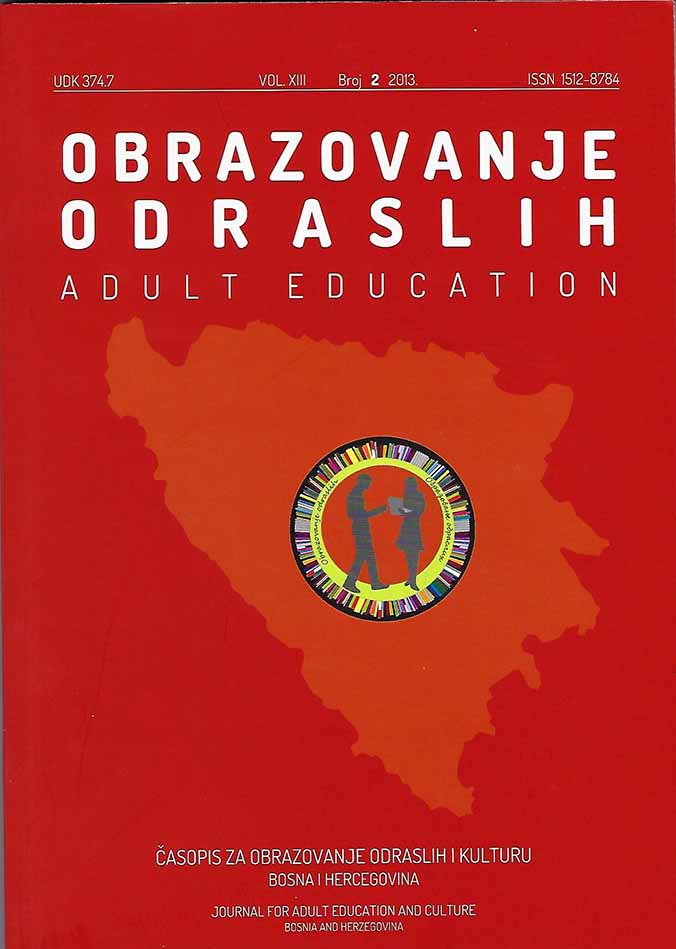Medijska konstrukcija kolektivnih sjećanja: Tretman prošlosti u polju novinarstva, s osvrtom na postdejtonsku Bosnu i Hercegovinu
Media-constructed collective memories: History treatment in journalism with focus on post-Dayton Bosnia and Herzegovina
Author(s): Mirza MahmutovićSubject(s): Social Sciences, Media studies, Politics of History/Memory
Published by: JU ‘’Bosanski kulturni centar Kantona Sarajevo’’
Keywords: field of journalism; discourse of reporting; culture of remembrance; traumatic memories; post-Dayton BiH;
Summary/Abstract: In this work we critically consider the practice of treating history in the area of journalism respectively media as an distinctive institutional arena of contemporary communities for establishment, maintenance and transformation of common frameworks of understanding and commemorating of certain episodes from the past. We intent to offer plausible explanations regarding the relations between ''culture of remembrances'' and ''culture of reporting''. Article suggests how to approach the often misunderstood history in informative activitiy, which in its field of action and by definition does not have the dimension of history but the dimension of social situation of contemporariness. We also form the key operations and strategies used in shaping the repertoire of journalistic reports on the past. Described practices we study on the example of post-Dayton BiH, analysing media treatment of conflict areas during the recent war history. Legitimisation of ethnic-national visions of the past through the discourse of reporting has been recognised as the dominant way of working in the ''media memory filed''. Two key paradoxes of these practices are highlighted: coexistence of opposite discourses of commemoration and codification of abjection experiences by the same group of significations which have initially inducted the war traumas. We point out at least two conditions which facilitate these paradoxes: ambiguity of the past, concpetion of time which is assumed by post-Dayton Bosnia and Herzegovina as an inherently uncompleted/imperfect country and technologies of culturised steering of trauma, which is being used by regimes of therapeutic/transitional justice'' to cope with disturbing history in post-conflict communities.
Journal: "Obrazovanje odraslih" - Časopis za obrazovanje odraslih i kulturu
- Issue Year: XIII/2013
- Issue No: 2
- Page Range: 39-65
- Page Count: 27
- Language: Bosnian

